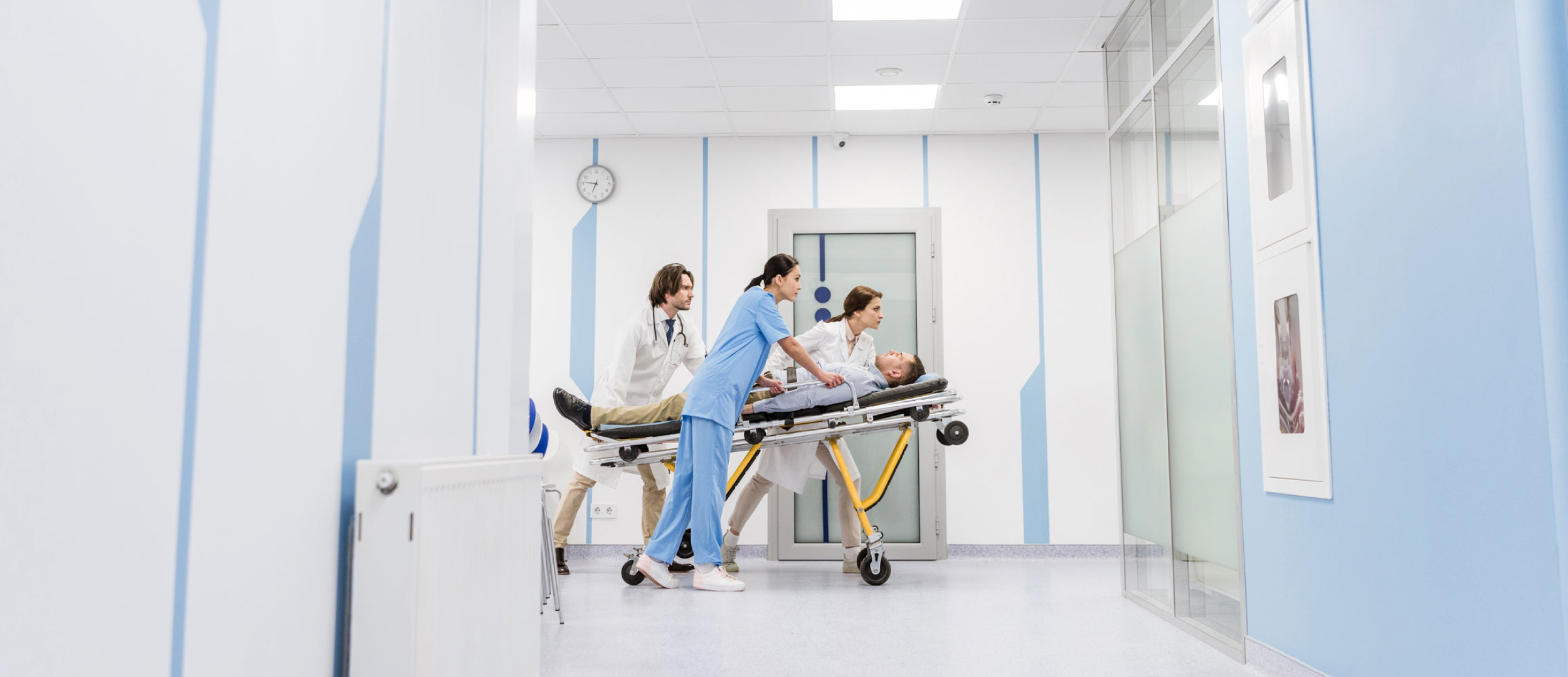
Welcome to Supreme Care ER
Supreme Care ER Offers the Finest Emergency Care
We provide emergency services with a rapid response for any type of
treatment. Our well-equipped emergency room is open to any urgent
medical needs 24/7. If you have any questions regarding our emergency
services, call us at (832) 604-7992.
Independent Emergency
Room Departments
Who we are
At Supreme Care ER, we are committed to the delivery of comprehensive healthcare through our highly trained staff and state-of-the-art facilities. As a result of this commitment, we strive to deliver quality healthcare services to our community and its environs. From the moment you step into our facility, we ensure that you receive the best care and also make sure your stay with us is as comfortable as possible.
Our unwavering desire remains to delight our valued patients and exceed all their expectations as we discharge our duties. We provide a listening ear to our patients as we try to attend to their needs. Our physicians are readily available, 24/7 to tend to all your medical needs as fast as possible.
Texas Senate Bill 425
Senate Bill 425, passed by the Texas Legislature during the 84th Regular Session, requires all FECs to post notice of the following:
This is a Freestanding Emergency Medical Care Facility
This facility charges rates comparable to a hospital Emergency Room and may charge a facility fee
This facility or the physician providing medical care at this facility may not be a participating provider in your Health Benefit Plan provider network. A physician providing medical care at this facility may bill separately from the facility for the medical care provided to you
Texas Senate Bill 425
The facility is not a participating provider in any health benefit plan provider network.
However, by state law your health insurance company is required to process your ER visit at in-network benefit levels.






